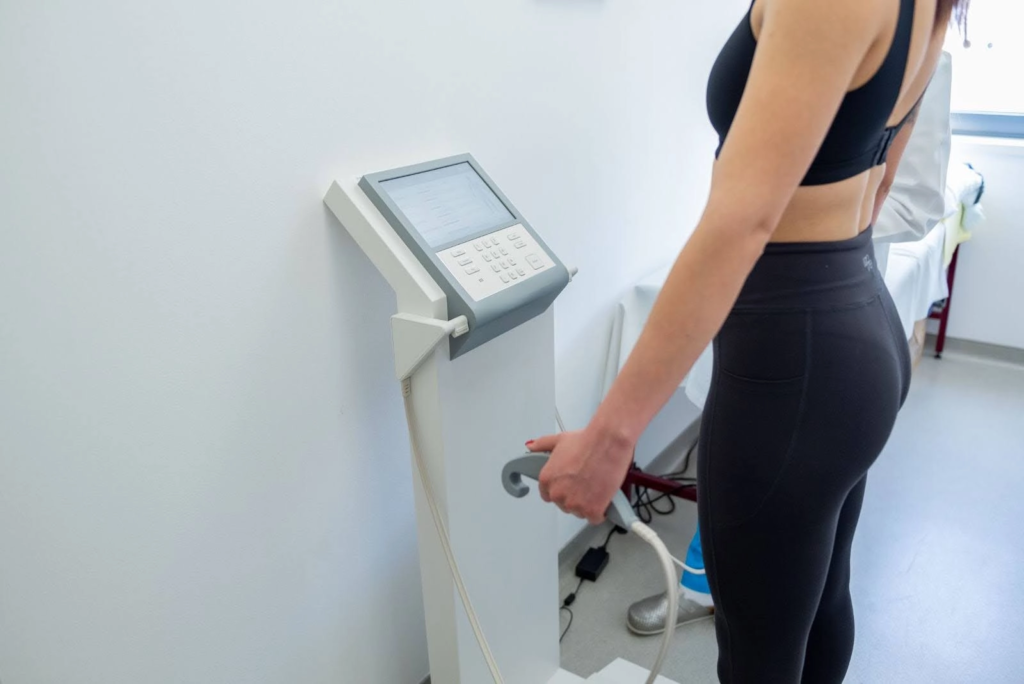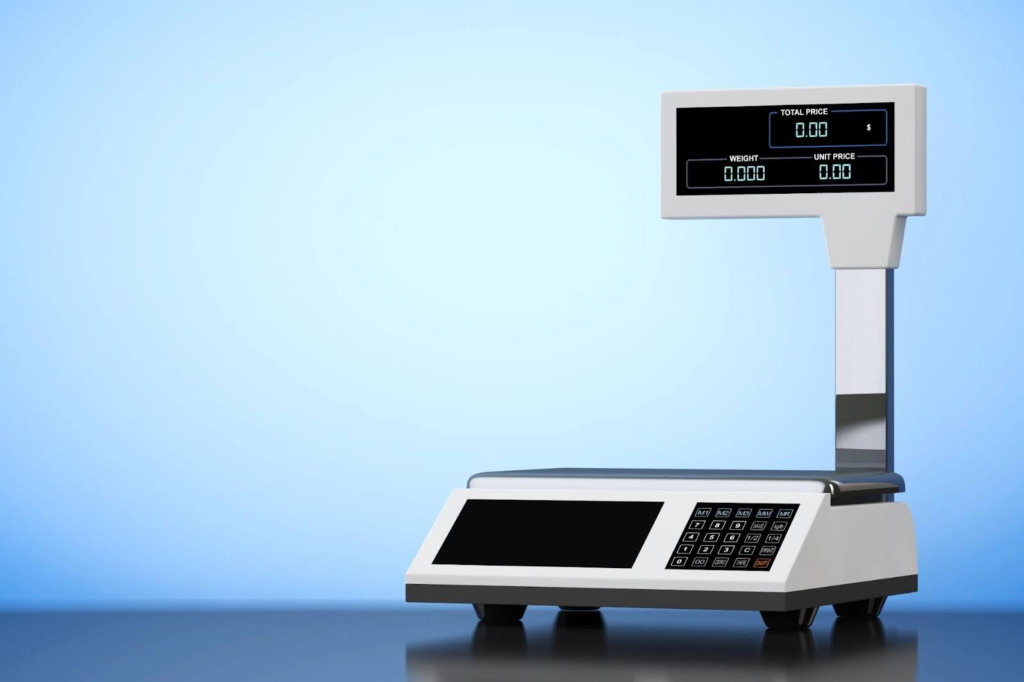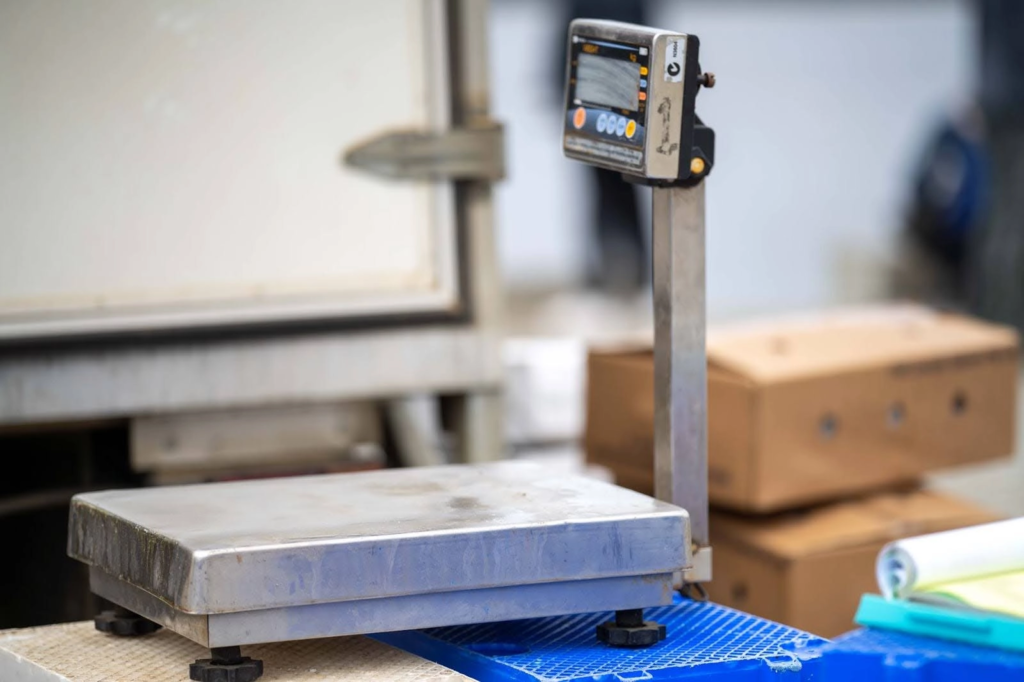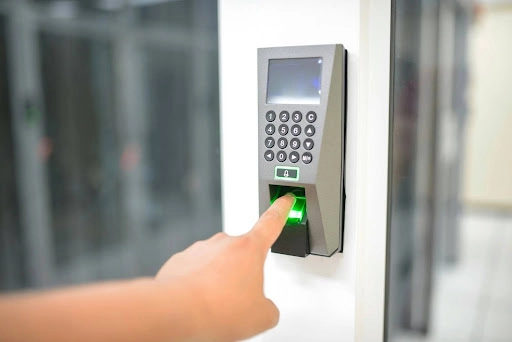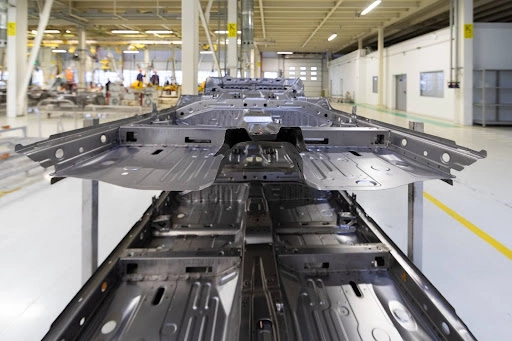Advantages of Digital Weighing Machines in Industry Applications
Industrial processes require accurate measurement of weights to ensure proper precision, efficiency, and adherence to quality standards. Digital weighing machines have become the replacement of traditional weighing systems and offer more advanced features along with higher accuracy. Industries from manufacturing to logistics are increasingly adopting digital scales to improve productivity and reduce errors. The following blog outlines the main benefits offered by digital weighing machines in various industrial applications.
High Accuracy and Precision
The highest advantage of digital weighing machines is that they are highly accurate. Unlike analog scales, which sometimes have fluctuations in reading and are prone to manual errors, digital models always give an accurate weight measurement. For instance, in pharmaceutical, jewellery and chemical industries, even a slight variation in weight affects the cost and profitability.
Easier and Faster Weighing
Industrial operations need fast and smooth weighing to maintain the efficiency of the workflow. Digital scales provide instant readings, which reduce the time taken to measure raw materials, components, or finished products. This speed increases production output and prevents bottlenecks in processes such as packaging and shipping.
Easy Operation
Digital weighing machines are easy to use and feature clear digital readouts and simple controls. Most of them also come equipped with advanced features like TARE, ZERO, Memory Accumulation etc. that enhance their usability and convenience. This makes it easy to use and minimizes the time required for training and also reduces accidental errors.
Adaptability in Multiple Operations
There are many weighing systems that are required in various industries, such as small precision weighing to bulk material handling. Digital weighing machines come in various models, such as tabletop scales, platform scales, and industrial floor scales. They can be used in
- Manufacturing: Weighing raw materials and finished goods.
- Pharmaceuticals: Measuring active ingredients for formulations.
- Jewellery: Ensuring accurate weight of gold and gemstones.
- Agriculture: Weighing grains, seeds, and livestock feed.
- Retail: Managing stock in grocery stores and supermarkets.
Improved Strength and Payload
Today’s electronic weighing machines are designed with stainless steel platforms, MS trays and reinforced plastics for strength. Many models have high payload capacity, so a business can weigh heavy objects without sacrificing accuracy.
Data Storage and Connectivity
Modern electronic weighing machines contain data storage facilities and connectivity, which allows industries to keep records of weight measurements. Most of these models have connectivity options such as USB or Bluetooth, which integrates them with an inventory management system. This aids in tracking usage of materials, maintaining compliance records and streamlining operations.
Cost-Effectiveness and Reduced Wastage
Although digital weighing machines are expensive to purchase as compared to analog scales, they save a lot in the long run. Their accuracy eliminates material wastage, meaning that businesses use just the right amounts needed. This is especially crucial in food processing, pharmaceutical and chemical manufacturing industries, where accurate measurements will directly affect the cost and quality.
Compliance with Industry Standards
Many industries have to follow strict regulatory standards on weight accuracy. Digital weighing machines meet these requirements by providing certified calibration and compliance with industry guidelines. This ensures businesses remain compliant and avoid penalties due to incorrect measurements.
Safety and Hygiene Improved
For industries dealing with hazardous materials, chemicals, or perishable goods, safety and hygiene are paramount. Digital weighing machines with stainless steel surfaces are easy to clean and prevent contamination. Explosion-proof digital scales provide additional safety for weighing volatile substances in hazardous environments.
Conclusion
Digital weighing machines have revolutionized industrial weighing applications by providing accurate, efficient results and great features. With manufacturing, pharma and retail, they provide reliability along with versatility. Nitiraj Engineers Ltd under its brand PHOENIX provides a high-quality, precise and efficient range of digital weighing machines to customers.
Advantages of Digital Weighing Machines in Industry Applications Read More »




